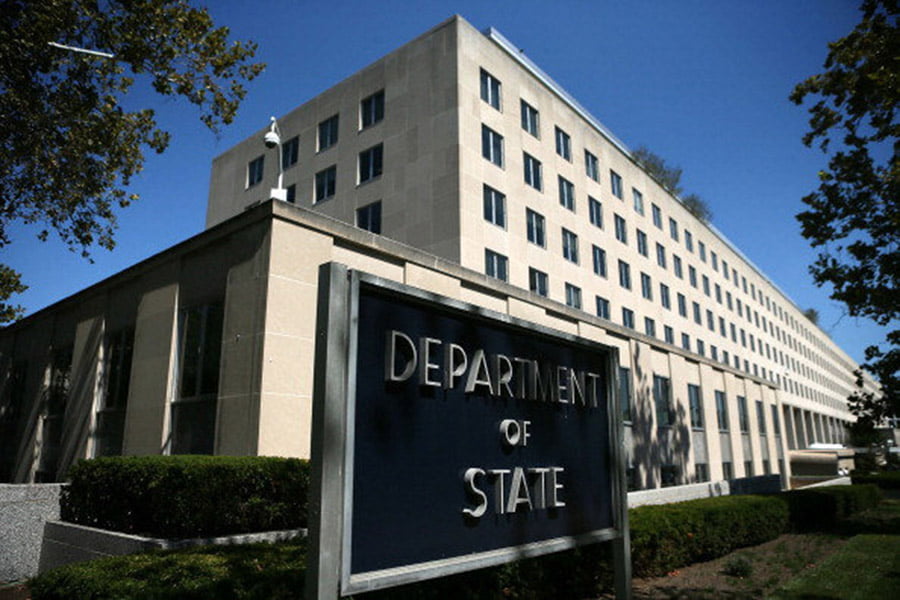On December 16, the U.S. Department of State released its annual Country Reports on Terrorism, which provides assessments of the global counterterrorism landscape during 2020 for the Congress .
According to the report, in 2020, Georgia “continued its robust engagement across a range of counterterrorism issues.”
The document asserted that “Georgia is generally capable of detecting, deterring, and responding to terrorism incidents,” adding that The State Security Service of Georgia, the agency responsible for terrorism-related incidents and investigations, “is generally well equipped and well trained.”
The report noted that while Georgia participated in “a limited number of bilateral CT-related exercises and trainings” with the U.S. in 2020, it nevertheless “remained a strong U.S. security partner.”
It stressed the last year “Georgia worked to enhance its border, maritime, and aviation security through infrastructure projects and legislation,” stressing that the Border Police and Coast Guard as “well organized and highly competent.”
According to the document, approximately 350 Georgian border and patrol police received basic counterterrorism tactics training from the U.S. Department of State’s Diplomatic Security Office of Criminal Investigations.
The report also took note that there were no terrorist incidents in Georgia during the past year. But, it added, Georgia tried and convicted citizen Tsezar Tokhosashvil on terrorism charges for his involvement in ISIS-related activities abroad. He was extradited to Georgia from Ukraine and sentenced to 10-year imprisonment.
On countering the financing of terrorism, the report cited the MONEYVAL (Committee of Experts on the Evaluation of Anti-Money Laundering Measures and the Financing of Terrorism)evaluation report on Georgia, noting the country’s progress in recent years: “Georgia’s counterterrorism-financing investigations and prosecutions reached a substantial level of effectiveness.”
The U.S. Department of State document also said that in 2020, Georgia refined its laws on anti-money laundering and countering the financing of terrorism, including by designating the National Bank of Georgia as supervisor of the process, “mandating that Georgian financial institutions screen against United Nations Security Council sanctions lists.”
Georgia continued to work with international and local partners on multi-year Countering Violent Extremism projects, the document noted. In this regard, it highlighted the USAID’s Pankisi Community Links Activity, which aims to integrate communities with diverse ethnic or religious backgrounds in the Pankisi Gorge.
Read Also:
- 2019: Georgia in U.S. State Department Report on Terrorism
- 2018: Georgia in U.S. State Department Terrorism Report
This post is also available in: ქართული (Georgian) Русский (Russian)

